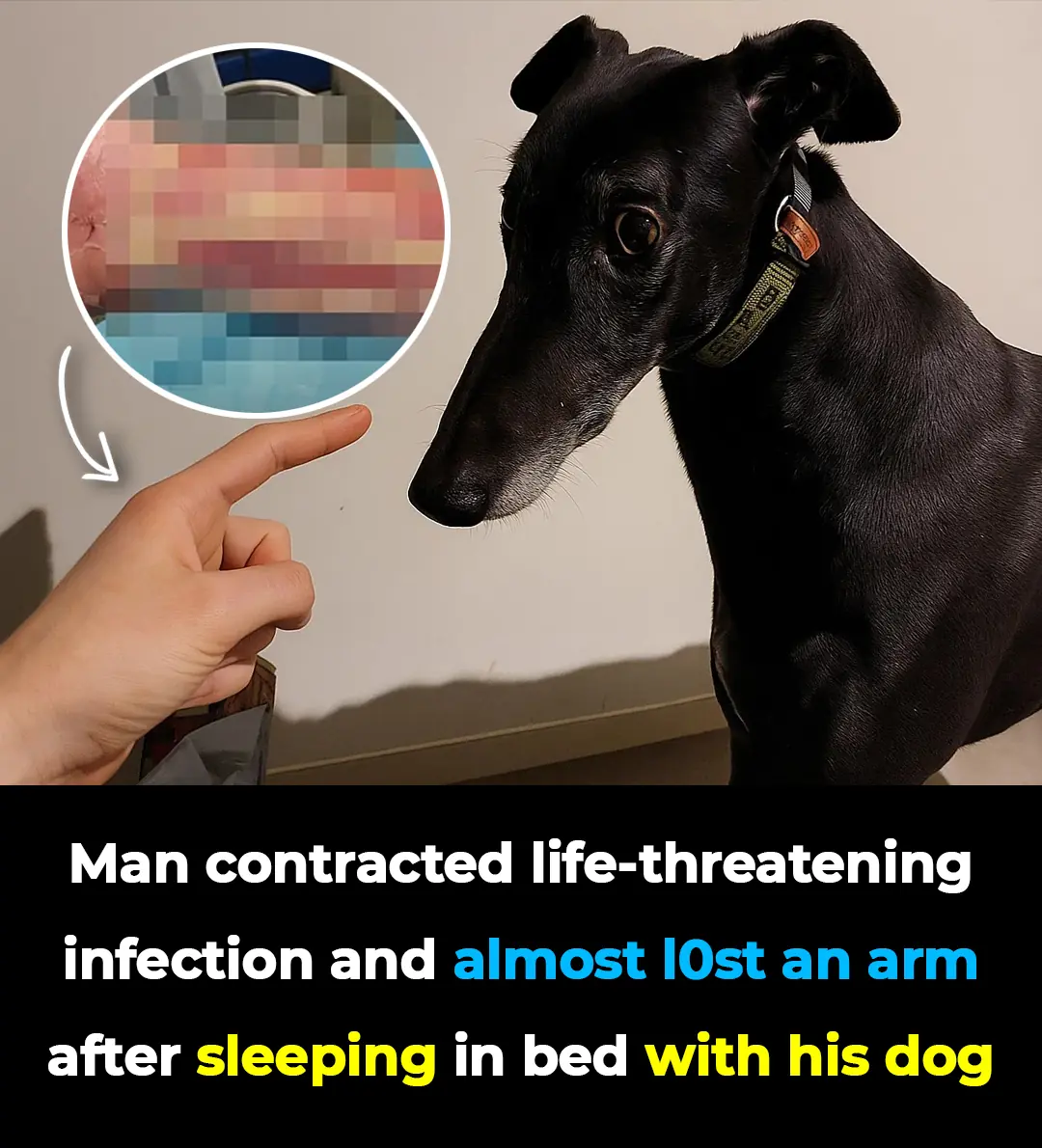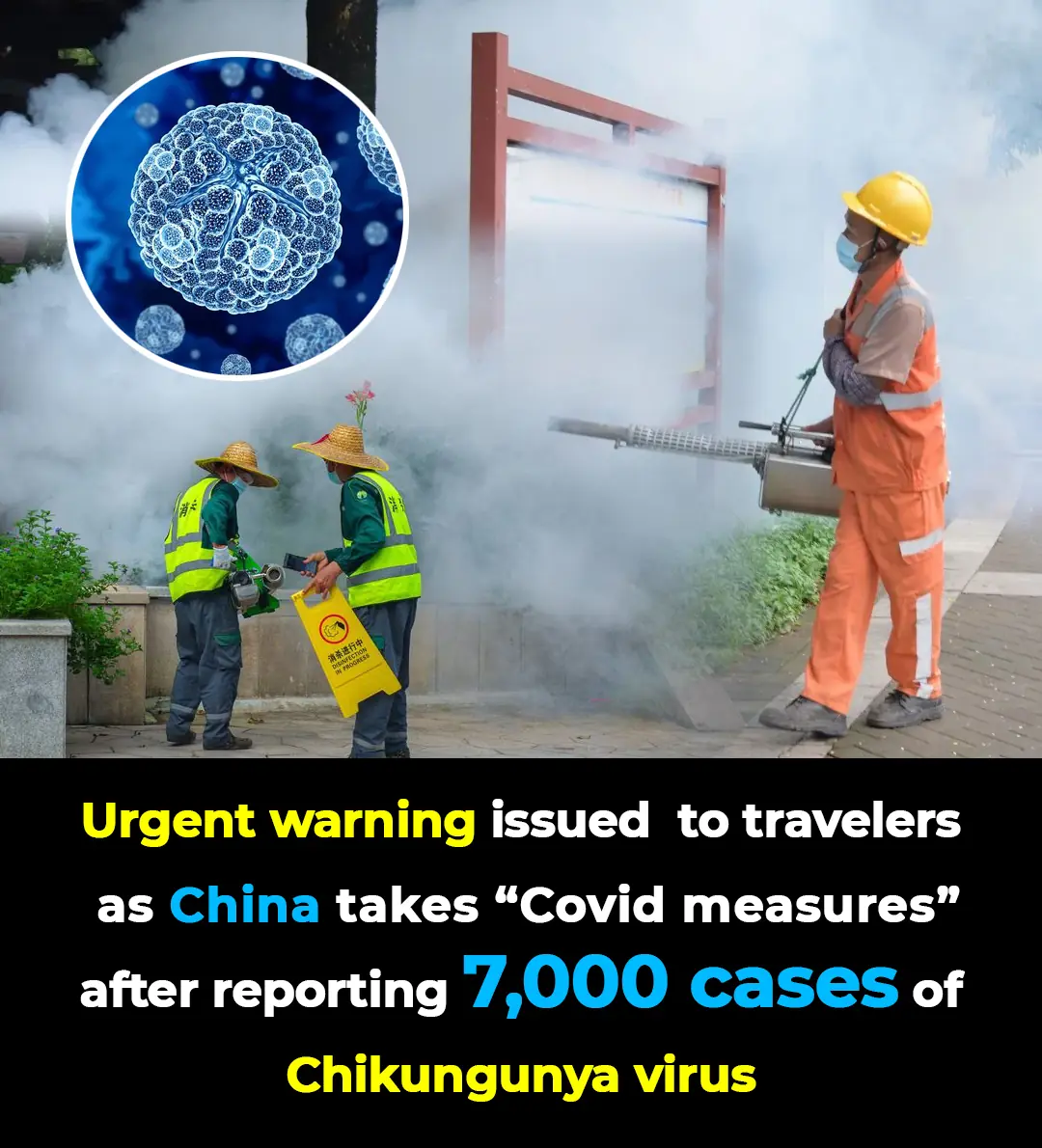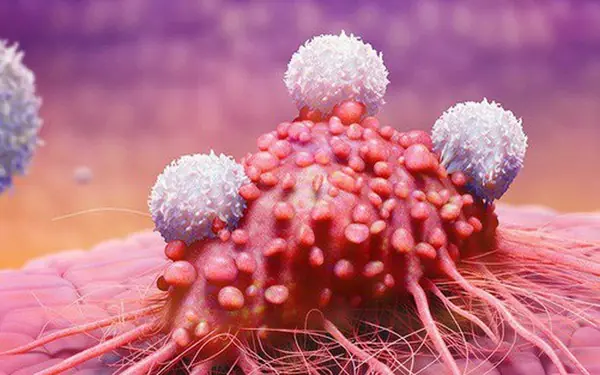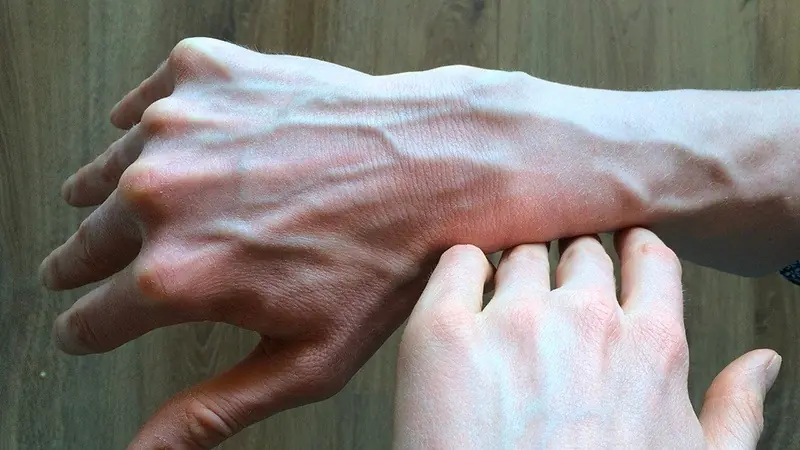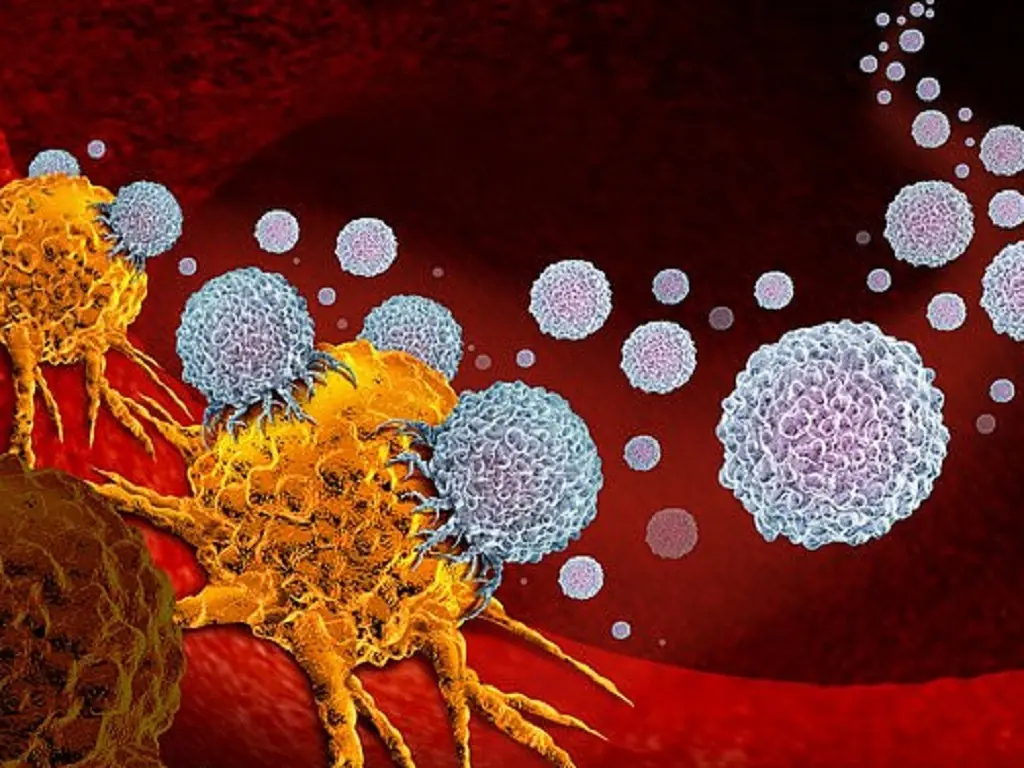Just as the world is still grappling with the lingering effects of COVID-19, a new viral threat has emerged. China is now battling a fast-growing chikungunya outbreak, enforcing strict pandemic-style measures to contain the mosquito-borne disease.
After years of living through COVID-19, many hoped the threat of pandemics was behind us. But health experts warn that may not be the case. While COVID-19 continues to claim lives—858 global deaths were recorded in July 2025 alone—scientists are raising concerns about what could be the next global health crisis.
That concern has now materialized in China, where the chikungunya virus is spreading rapidly across Guangdong province. The city of Foshan has been identified as the epicenter of the outbreak, with over 7,000 confirmed cases across 13 cities. With infections rising daily, Beijing has announced it will enforce what it calls “forceful pandemic measures.”
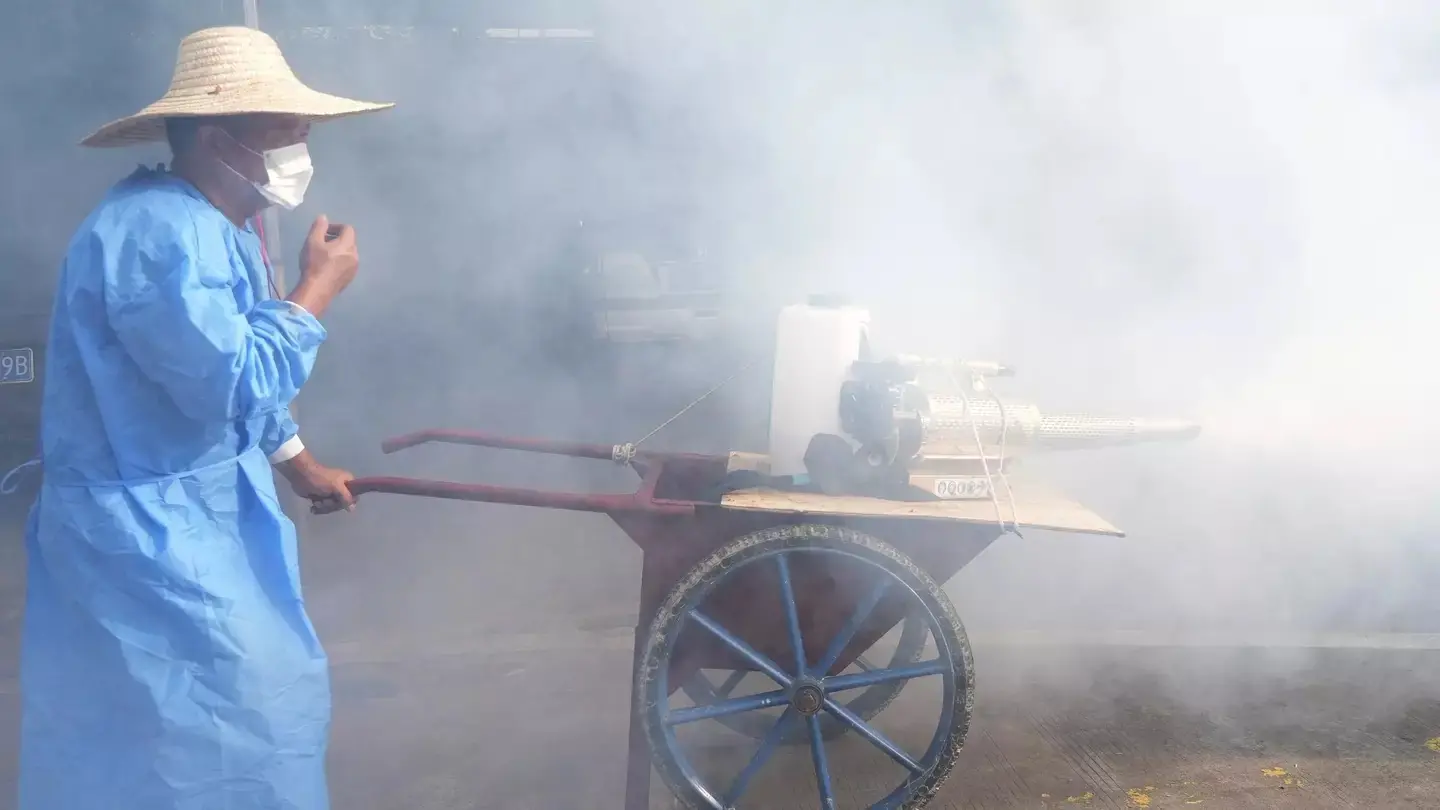
What is chikungunya, and why is it dangerous?
Chikungunya is an arboviral disease transmitted primarily by Aedes mosquitoes—the same species responsible for dengue and Zika. The World Health Organization (WHO) recently warned that as many as 5.6 billion people worldwide could be at risk from arboviruses like chikungunya, dengue, Zika, and yellow fever.
The virus cannot spread directly from person to person. Instead, when a mosquito bites an infected individual, it can transmit the virus to its next human host, fueling outbreaks. For this reason, patients in China who test positive are being kept under mosquito nets in hospitals for at least seven days or until they test negative.
Although chikungunya is historically more common in South and Southeast Asia, the spike in Chinese cases has shocked global health authorities, raising fears that climate change and urbanization are creating conditions for outbreaks in new regions.

China’s aggressive containment strategy
Authorities in Guangdong are deploying unconventional tactics to combat the outbreak. Measures include:
-
Releasing giant elephant mosquitoes—a sterile species that feeds on and kills Aedes mosquitoes.
-
Deploying 5,000 larvae-eating fish into water sources to control mosquito breeding.
-
Using drones to identify stagnant water, where mosquitoes commonly breed.
Residents of Foshan and surrounding cities have also been ordered to eliminate standing water from their homes, including in places as unexpected as coffee machines, air-conditioning trays, and flowerpots. Anyone failing to comply faces fines of up to 10,000 yuan ($1,400).
What chikungunya does to the body
While the mortality rate for chikungunya is low, health officials stress that the virus can leave lasting effects even in healthy individuals. Symptoms usually appear three to seven days after being bitten by an infected mosquito and may include:
The elderly, infants, and people with pre-existing conditions such as diabetes, high blood pressure, or heart disease are at the greatest risk of severe complications.
The CDC warns: “Most patients feel better within a week. However, joint pain can be severe and disabling and might persist for months.” In some cases, these lingering symptoms can last for years, significantly impacting quality of life.
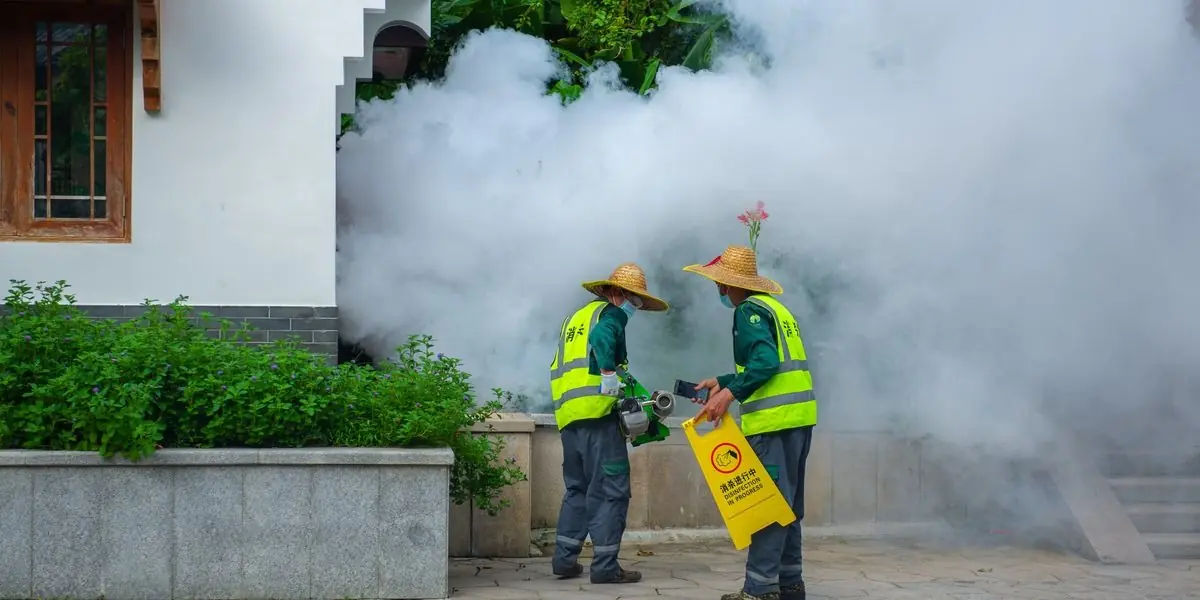
Is there a cure?
Unfortunately, there is currently no cure or specific antiviral treatment for chikungunya. Patients are advised to rest, stay hydrated, and take pain relievers such as acetaminophen or paracetamol. Doctors warn against taking aspirin or NSAIDs like ibuprofen until dengue fever is ruled out, due to an increased risk of internal bleeding.
As part of containment efforts, those infected must avoid mosquito bites for at least a week—otherwise, the disease cycle continues.
Should the world be worried?
While Chinese authorities appear to be responding quickly, health experts remain cautious. The outbreak coincides with alarming discoveries of 20 new bat viruses in China, intensifying fears that humanity could face another large-scale pandemic in the near future.
For now, the chikungunya outbreak serves as a stark reminder of how quickly viral threats can escalate. With mosquitoes spreading farther due to climate change, urban density, and global travel, experts say vigilance is key.
As one WHO official recently warned: “We must treat these outbreaks seriously. Arboviral diseases are not just a regional concern—they are a global threat.”





